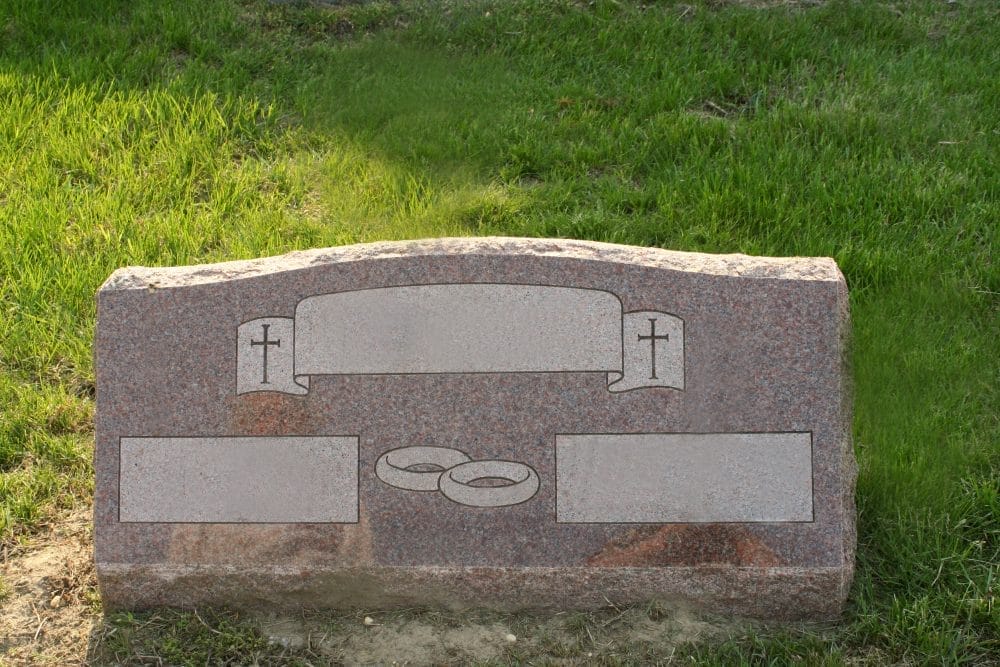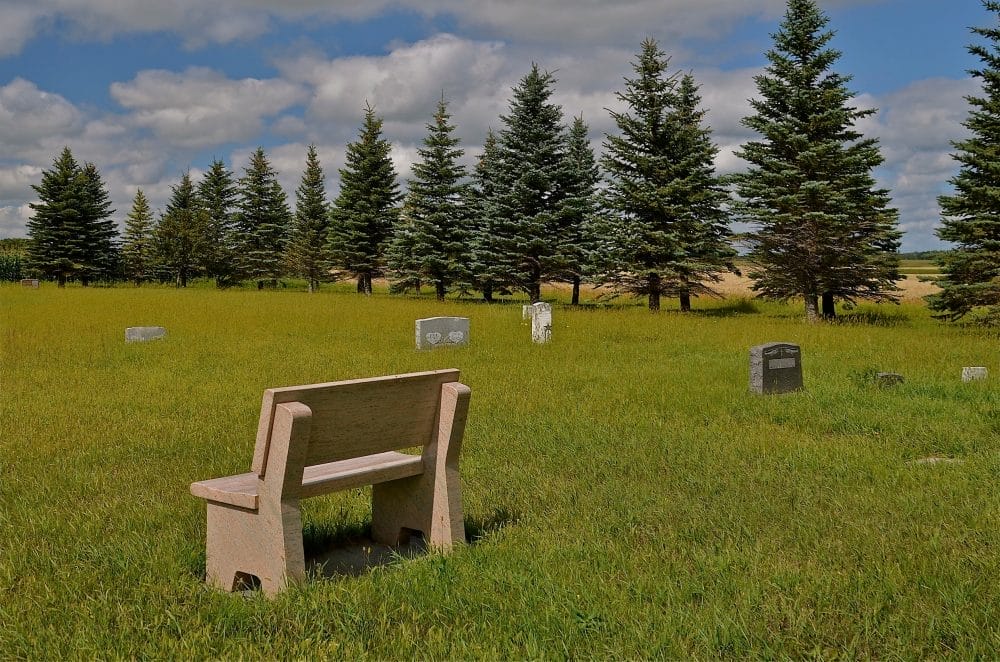The words “prepaid funeral plan” sound like a comforting safety net—a tidy little package that ensures everything’s handled long before it’s needed. It’s marketed as peace of mind, one less worry for loved ones during a tough time.
But here’s the curveball: buying a prepaid funeral plan doesn’t always mean there’s an actual piece of earth reserved with your name on it. In fact, the plot you think is yours could be more of a polite promise than a locked-down guarantee. The truth is, the fine print matters a lot more than the glossy brochure.
The Myth of the “Reserved Spot”
Many prepaid funeral plans focus on services, not real estate. They might cover a casket, a memorial service, and transport—but not the physical burial plot itself. Unless land rights are explicitly included and secured in writing, no cemetery is legally bound to hold space. That “guaranteed” language often applies to the service, not the location. Without a separate deed or plot purchase, the ground could still be up for grabs.
How Funeral Homes and Cemeteries Operate
Funeral homes often sell prepaid plans, but most don’t own the cemeteries where burials happen. The two businesses may be entirely separate, even if they share a brand name. A prepaid plan with the funeral home usually pays for ceremony logistics, not the land. The cemetery sets its own rules, pricing, and reservation policies. Without a direct, signed agreement with the cemetery, the plot isn’t yours until payment is made and paperwork is filed.
The Role of State Laws
Each state regulates prepaid funeral plans differently, and that can shape whether a plot is guaranteed. Some states require funds to be held in trust until needed, but that doesn’t automatically secure land. Others have separate licensing for funeral services and burial rights, treating them as two distinct purchases. If a plan was bought in one state and burial is intended in another, legal protections might not carry over. That means jurisdiction matters more than most buyers realize.
The Problem With “General Price Lists”
Federal law requires funeral providers to give customers a General Price List, but this doesn’t guarantee land rights. The price list might show costs for plots, but it’s often for informational purposes only. Buying a prepaid plan from that list doesn’t always lock in a plot—it just locks in the price for the service items included. If the plot isn’t prepaid and deeded, it’s still up for sale to anyone. This is where the gap between expectation and reality can cause the biggest shock.
What Happens if the Cemetery Closes
Cemeteries can—and sometimes do—go out of business, especially private ones. If that happens and your plot isn’t secured, the plan may only cover relocation expenses, not a guaranteed new spot. Public or nonprofit cemeteries tend to be more stable, but even then, land can run out.
Without an actual deed, there’s no legal claim to a specific location. A prepaid plan might not protect you from the shuffle if the cemetery’s doors close for good.
Inflation and Rising Land Costs
Burial land prices don’t stay frozen, and inflation can outpace what a prepaid plan covers. A plan bought decades ago might not account for skyrocketing cemetery real estate values. Even if it promises a plot, the cost difference might need to be paid before burial. If the plan is vague about inflation adjustments, loved ones could be on the hook for a hefty balance. This is especially true in high-demand urban areas where cemetery space is scarce.
The Transferability Trap
Many prepaid plans are not easily transferable to other cemeteries or states. Moving later in life can make the “guaranteed” plot essentially useless if the cemetery is far away. Some providers charge steep fees to transfer credits or services to a new location. Others won’t allow transfers at all, meaning the plan’s burial component becomes stranded. Without transfer terms in writing, the “guarantee” only applies if you stay put.
Prepaid Cremation Plans Are a Different Game
Cremation plans are often marketed with similar language, but they don’t have the same land concerns. A prepaid cremation plan usually covers the service, urn, and sometimes a niche in a columbarium. Even then, the niche isn’t guaranteed without a deed or reservation from the cemetery or facility.
If ashes are intended for burial, the same land-purchase rules apply. The simplicity of cremation plans can mask the same underlying issue: no payment, no plot.
Why “Perpetual Care” Isn’t the Same as a Guarantee
Many cemeteries advertise “perpetual care,” which sounds like a promise of eternal security. In reality, this refers to ongoing maintenance of the grounds, funded by a portion of plot sales. It doesn’t mean the cemetery guarantees your specific space is locked for you. If you haven’t purchased the land outright, perpetual care won’t help. It’s a landscaping commitment, not a legal one.
Hidden Fees That Erode Your Coverage
Prepaid plans often exclude certain costs, leaving families with surprise expenses. Opening and closing the grave, headstone installation, and weekend burial surcharges are common omissions. These extra costs can eat into the plan’s coverage, forcing families to pay out-of-pocket before burial proceeds. If the plot isn’t already paid for, these fees can make securing one even harder. A “fully paid” plan can still come with an unpaid plot problem.
The Importance of Separate Contracts
The safest way to guarantee a burial plot is to buy it separately from the funeral plan. This means holding a deed or a certificate of interment rights directly from the cemetery. Without that document, the plot is not legally yours. A prepaid funeral plan can still be useful, but it’s not a land deal. The two contracts should be treated—and signed—as distinct purchases.
Don’t Confuse the Plan With the Land
A prepaid funeral plan can offer valuable peace of mind, but it’s not a magic key to a burial plot. The only true guarantee is land purchased and documented through the cemetery itself. The fine print in prepaid plans is often more about service than soil. Knowing the difference now can save loved ones from a stressful, costly surprise later.
What’s your take—should prepaid funeral plans be required to clearly separate service coverage from land rights?
Read More
What Funeral Insurance Companies Don’t Mention in the Brochure
8 Funeral Industry Secrets That Families Aren’t Supposed to Know








